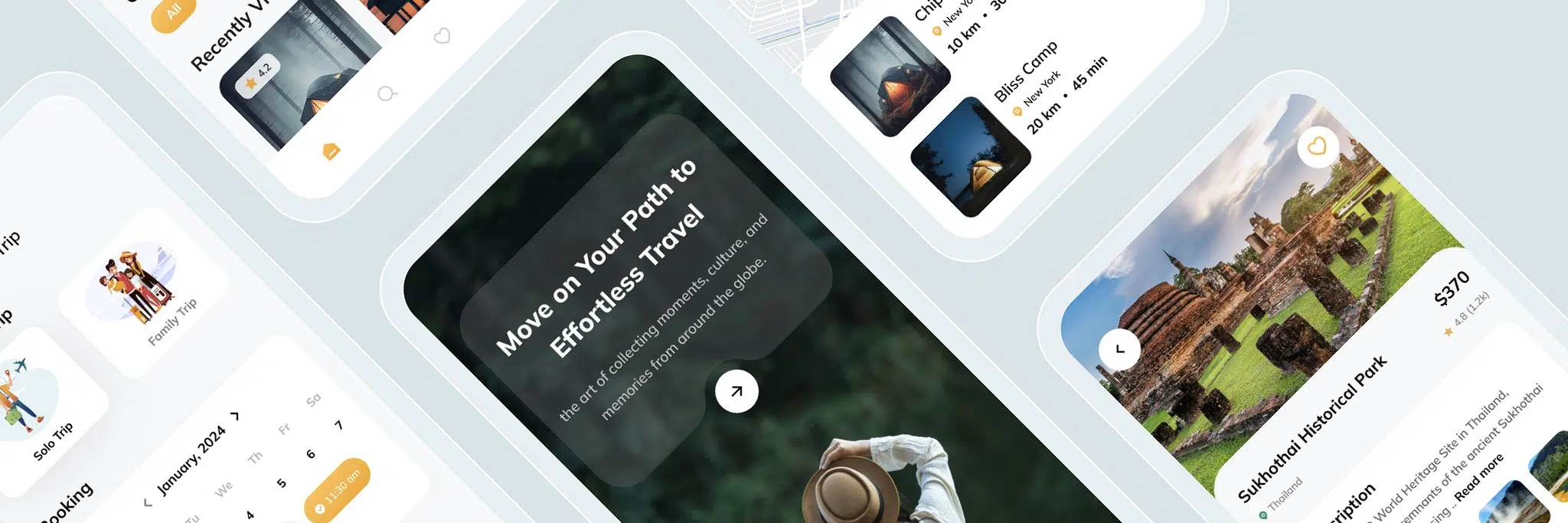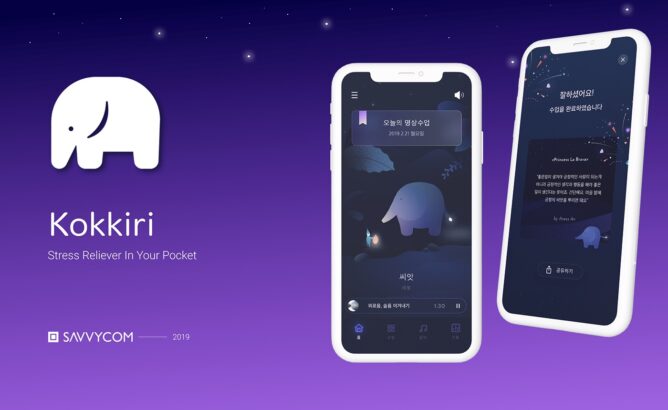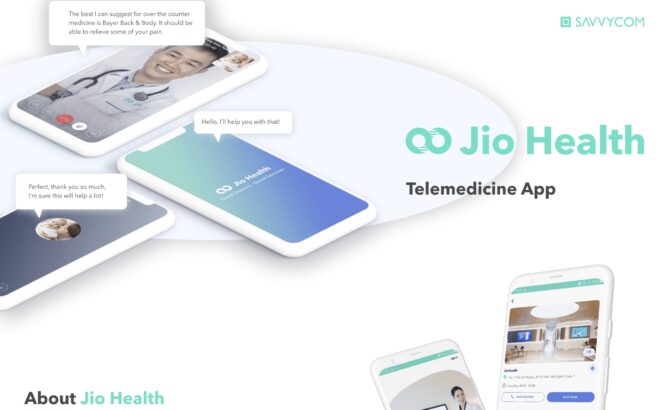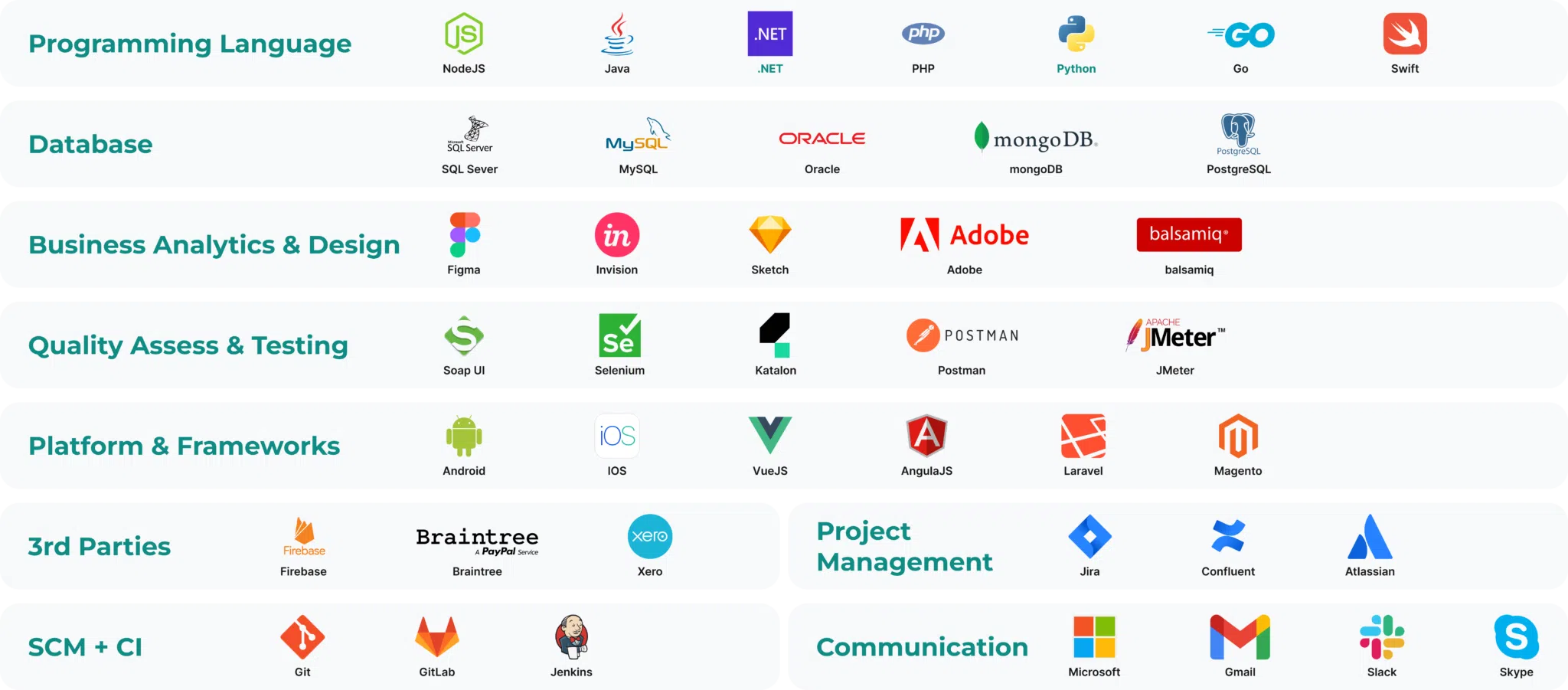Implement IoT devices within a solid infrastructure to continuously monitor operations, optimize processes, and gather actionable insights, utilizing our custom mobile app development services to create a responsive and adaptable operational environment that easily adjusts to evolving demands.
Being the top global app solution provider in Vietnam, Savvycom boasts extensive experience in developing feature-rich and high-performing mobile applications that meet the diverse needs of worldwide clients.












































